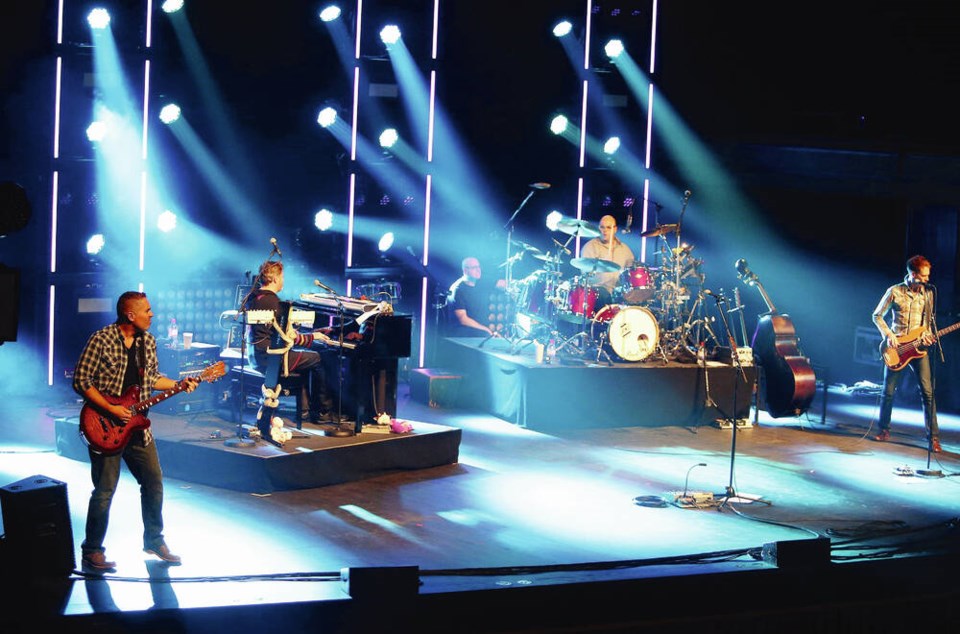Budgetary concerns and a dip in provincial arts funding have prompted changes at the University of Victoria’s Farquhar Auditorium.
UVic announced Thursday it has adjusted the venue’s 2024-25 season, cancelling one event and transferring stewardship of another. Both decisions were attributed to a shortage of provincial arts funding for its Voices in Circle series, an initiative focused on showcasing Indigenous artists.
“We expected at least one of the two grants we applied for, but were denied both of them,” said Ian Case, director of ceremonies and events at the Farquhar. “That really hamstrung us.” Based on previous applications, the grant funding was expected to be between $25,000 and $55,000, Case added.
As per the terms of the grant proposal and schedule of disbursement, Case said he was not told Voices in Circle’s application was not successful when the Farquhar announced its current season. The university has now re-jigged two Voices in Circle events, cancelling its June 17 performance by the Vancouver contemporary dance company V’ni Dansi and transferring the stewardship of its March 15 performance by Mongolian folk group Anda Union to Victoria’s Caravan World Rhythms.
“It put us in a really difficult position as we had announced our season, fully expecting to receive funding, as we had the previous two seasons,” Case said
In the same press release, the university said it will also cut Case’s position, effective Dec. 31, 2024. Case has been with the Farquhar for 13 years. According to Chris Horbachewski, UVic’s vice president of external relations, this decision was not due to a lack of provincial funding. “It has nothing to do with funding we received for specific projects or programs that take place in the Farquhar. Ian has been a key part of leadership group, and has done stellar service over [13 years].”
In February, the university announced it would be cutting its annual budget by $13 million, or 4% of its total operating budget, due to declining revenue from international student enrolment. Staff reductions were expected as a result of the decision. The auditorium is part of a division at the university that includes communications and marketing, alumni and development, and community and government relations, which have also undergone budget cuts or restructuring in recent months.
Case’s duties will be spread among various departments at UVic. The Farquhar will continue to honour its core campus and community operations, which include hosting amateur non-profit, commercial and professional presenters and lectures, recitals and graduation ceremonies. With the changes, there is expected to be an increase in third-party presentations, moreso than in recent years. “This will open up anywhere from five to nine prime-time evenings for [outside] events,” Case said.
The university’s school of music, which uses the venue for concerts, has also adjusted its schedule, “which makes it much more possible for renters to use the space,” Case added.
Case has been working for several months with Horbachewski on a sustainability model for the Farquhar following his departure. And there may be a silver lining for the public. “What this will have the university do is think a little bit differently about how we fill the Farquhar Auditorium with content,” Horbachewski said.
The auditorium, which opened in 1978, is one of the best-sounding rooms in the city and has a maximum capacity of 1,228 people. In the past, it has hosted concerts by jazz great Oscar Peterson, acclaimed violinist Yehudi Menuhin, blues giant B.B. King and alternative rocker Chris Cornell, among others. “We want to see more community groups utilize the auditorium, and we want to see a great variety artistic endeavours,” Horbachewski said.
“It’s a jewel of a resource on Vancouver Island.”


-thumb.png;w=120;h=80;mode=crop)
